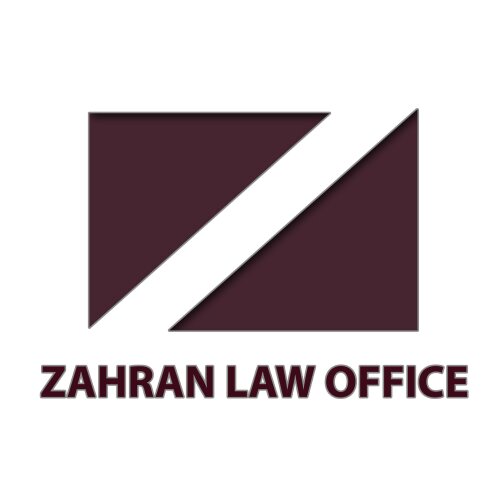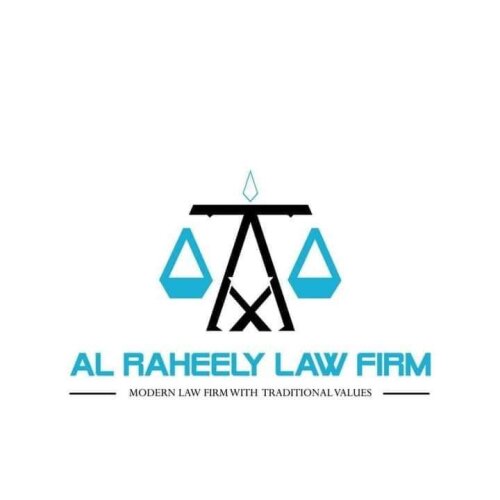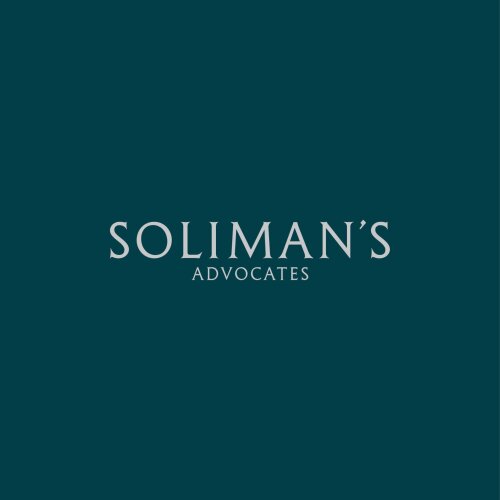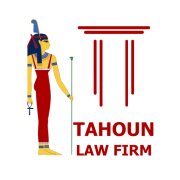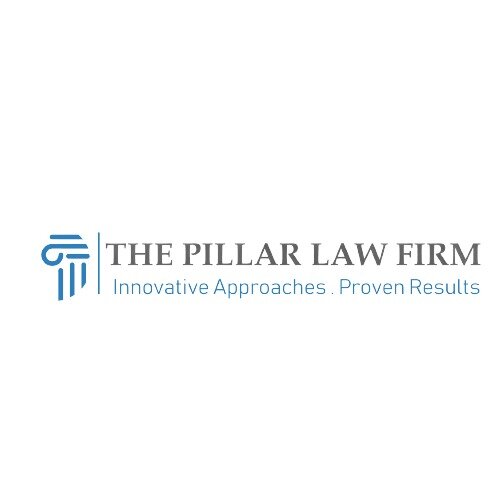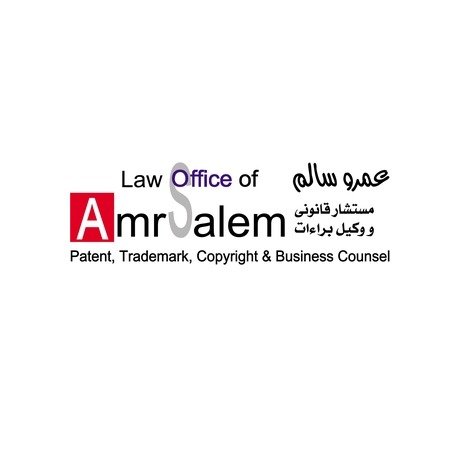Best Energy, Environment & ESG Lawyers in Cairo
Share your needs with us, get contacted by law firms.
Free. Takes 2 min.
List of the best lawyers in Cairo, Egypt
About Energy, Environment & ESG Law in Cairo, Egypt
Energy, Environment, and Environmental, Social, and Governance (ESG) law in Cairo, Egypt is a dynamic and evolving field. As Egypt continues its national development and aims to meet both domestic and international sustainability goals, companies and individuals in Cairo are increasingly aware of the legal standards relating to energy production and use, environmental protection, and responsible corporate governance. These laws and regulations govern activities ranging from the operation of power plants and renewable energy projects to compliance with environmental standards and the adoption of ESG frameworks by corporations. Both public and private entities operating in Cairo are expected to adhere to local requirements that often intersect with global best practices.
Why You May Need a Lawyer
Navigating the complex web of energy, environmental, and ESG regulations in Cairo can be daunting without expert guidance. Here are some common scenarios where individuals or businesses may require legal assistance:
- Starting an energy project, such as solar or wind installations, and seeking permits and approvals
- Ensuring compliance with environmental regulations to avoid fines or shutdowns
- Adopting ESG policies and reporting frameworks, especially for listed or multinational companies
- Resolving disputes over environmental impact or resource use
- Handling environmental due diligence during mergers, acquisitions, or investments
- Responding to environmental accidents or defending against government enforcement actions
- Participating in government tenders for renewable or conventional energy projects
- Navigating carbon credits, emissions management, or sustainability certifications
- Understanding and fulfilling disclosure obligations under Egypt’s local laws and international agreements
Legal counsel can help you identify risks, fulfill your obligations, and seize opportunities within these frameworks.
Local Laws Overview
Egypt has enacted a number of laws and regulations that impact energy, environment, and ESG matters in Cairo. Some key aspects include:
- Energy Regulations: Laws such as the Electricity Law No. 87 of 2015 regulate the generation, transmission, and distribution of electricity, encouraging private sector involvement and investment in renewable energy sectors. The Renewable Energy Law No. 203 of 2014 governs private sector investment in wind and solar projects.
- Environmental Protection Laws: Law No. 4 of 1994, amended by Law No. 9 of 2009, serves as the primary legislation protecting the environment in Egypt. It covers issues such as hazardous materials, emissions, waste management, and environmental impact assessments. The Egyptian Environmental Affairs Agency (EEAA) is the main regulator enforcing these provisions.
- ESG Frameworks: While ESG is not yet a standalone legal obligation in Egypt, increasing pressure from international investors, financial regulators, and stock exchanges is driving adoption of ESG reporting. The Egyptian Exchange encourages listed companies to adopt ESG disclosure standards, and financial institutions may require ESG compliance as part of their due diligence.
- International Commitments: Egypt is party to key international treaties, including the Paris Agreement, obligating government and business stakeholders to promote sustainability and reduce environmental impact.
Anyone operating a business, developing property, or investing in the Egyptian energy sector in Cairo should be familiar with these rules and consult regularly for updates as the regulatory landscape evolves.
Frequently Asked Questions
What is ESG and why does it matter for businesses in Cairo?
ESG stands for Environmental, Social, and Governance. It refers to non-financial factors used to measure the sustainability and ethical impact of a business. While not yet mandatory in Egypt, integrating ESG can improve investor confidence, brand reputation, and regulatory compliance.
Which authority enforces environmental laws in Cairo?
The Egyptian Environmental Affairs Agency (EEAA) is the main governmental authority responsible for implementing and enforcing environmental laws and standards in Cairo and across Egypt.
Are environmental impact assessments required for new projects?
Yes, most new energy and infrastructure projects in Cairo require an environmental impact assessment (EIA) to be reviewed and approved by the EEAA before operations can commence.
What are the penalties for violating environmental regulations?
Penalties can include fines, suspension of business activities, mandatory corrective measures, and even criminal liability for severe violations. The severity of penalties depends on the nature and extent of the violation.
How can I develop a renewable energy project in Cairo?
You must comply with licensing and regulatory requirements issued by the New and Renewable Energy Authority and adhere to environmental standards. Legal assistance can help you navigate project approvals and ongoing compliance.
Are there incentives for adopting renewable energy or sustainability measures?
The government of Egypt offers incentives, such as customs duty exemptions and tax breaks, for renewable energy projects to encourage private sector participation and investment.
Does Egyptian law require companies to report on their ESG performance?
While there is no mandatory, standalone ESG reporting law, listed companies on the Egyptian Exchange are encouraged to disclose ESG information as part of their annual reports. Global investors may require more detailed ESG disclosures.
What should I do if I receive a notice of violation from EEAA?
Contact a lawyer experienced in environmental law. Timely legal advice is critical for preparing a response, negotiating with authorities, and minimizing potential liabilities.
Are foreign investors subject to the same environmental requirements as local companies?
Yes, all entities operating in Cairo, regardless of local or foreign ownership, must comply with Egyptian environmental, energy, and ESG regulations.
How often do environmental regulations change in Egypt?
Legislation in this field is evolving as Egypt aligns with international standards and addresses domestic priorities. Regular monitoring and legal review are recommended to stay updated.
Additional Resources
- Egyptian Environmental Affairs Agency (EEAA) - The central authority for environmental affairs in Egypt
- Ministry of Electricity and Renewable Energy - Oversees energy policy and regulation
- New and Renewable Energy Authority (NREA) - Facilitates renewable energy projects and investments
- Egyptian Exchange (EGX) - Provides resources and guidance on ESG reporting for listed companies
- Local and international law firms - Many firms in Cairo have dedicated practices for energy, environment, and ESG
Next Steps
If you are facing legal questions or challenges related to energy, environment, or ESG in Cairo, consider the following steps:
- Identify the specific issue or area of concern, such as permits, compliance, or reporting
- Gather all relevant documents and communications regarding your case
- Consult with a qualified lawyer specializing in energy, environment, or ESG law in Egypt for tailored legal advice
- Follow their guidance on engaging with authorities, preparing any required submissions, and minimizing potential legal risks
- Stay updated on law and policy developments by using reputable governmental and industry resources
Taking early and informed action can help you achieve compliance, reduce risks, and position your organization for sustainability and success in Cairo’s growing economy.
Lawzana helps you find the best lawyers and law firms in Cairo through a curated and pre-screened list of qualified legal professionals. Our platform offers rankings and detailed profiles of attorneys and law firms, allowing you to compare based on practice areas, including Energy, Environment & ESG, experience, and client feedback.
Each profile includes a description of the firm's areas of practice, client reviews, team members and partners, year of establishment, spoken languages, office locations, contact information, social media presence, and any published articles or resources. Most firms on our platform speak English and are experienced in both local and international legal matters.
Get a quote from top-rated law firms in Cairo, Egypt — quickly, securely, and without unnecessary hassle.
Disclaimer:
The information provided on this page is for general informational purposes only and does not constitute legal advice. While we strive to ensure the accuracy and relevance of the content, legal information may change over time, and interpretations of the law can vary. You should always consult with a qualified legal professional for advice specific to your situation.
We disclaim all liability for actions taken or not taken based on the content of this page. If you believe any information is incorrect or outdated, please contact us, and we will review and update it where appropriate.
Browse energy, environment & esg law firms by service in Cairo, Egypt
Cairo, Egypt Attorneys in related practice areas.



